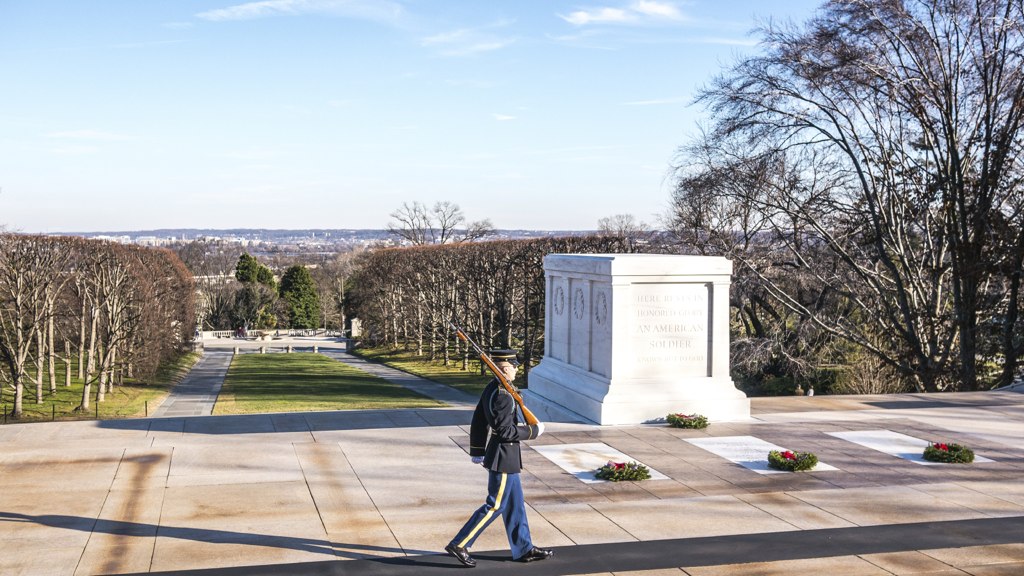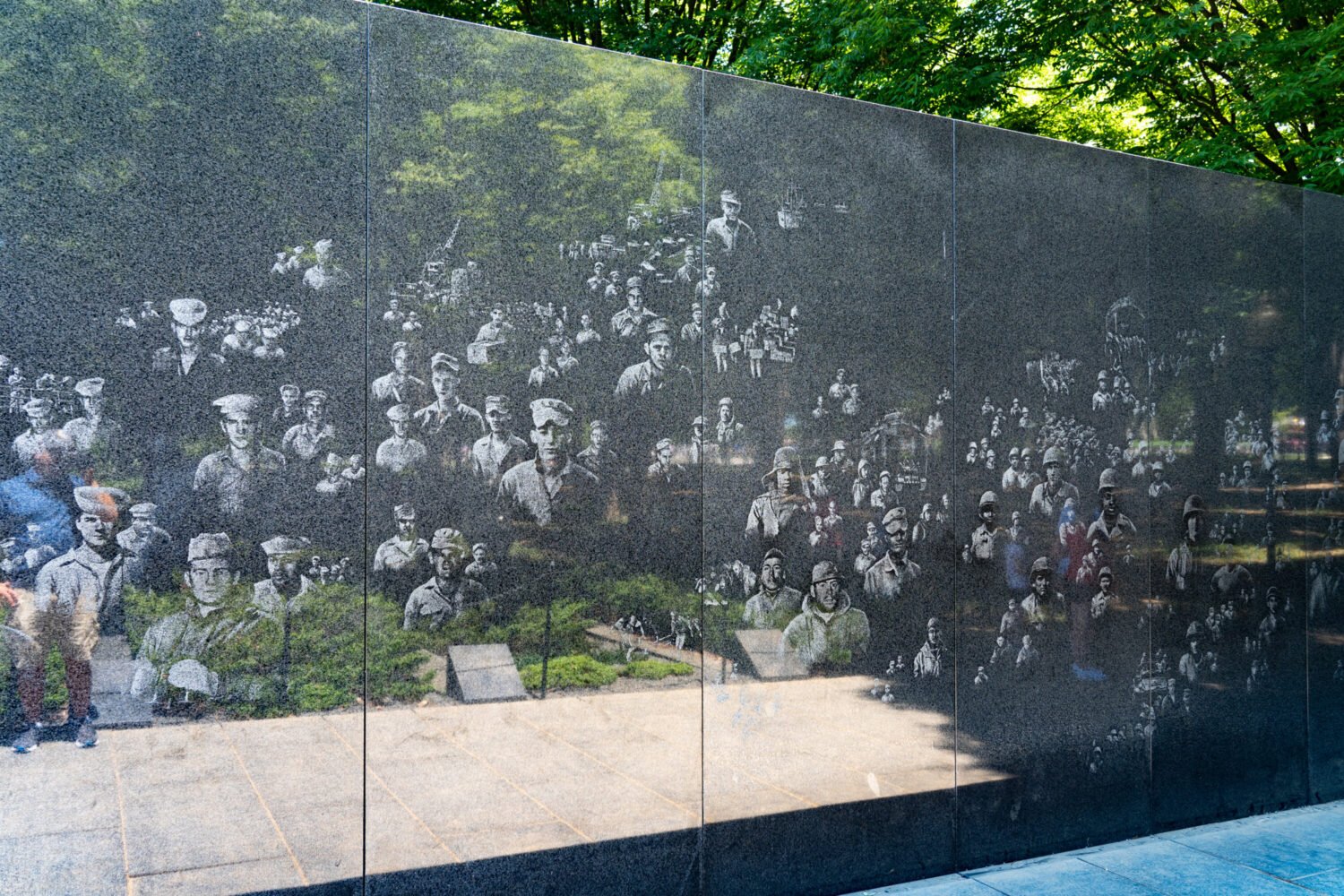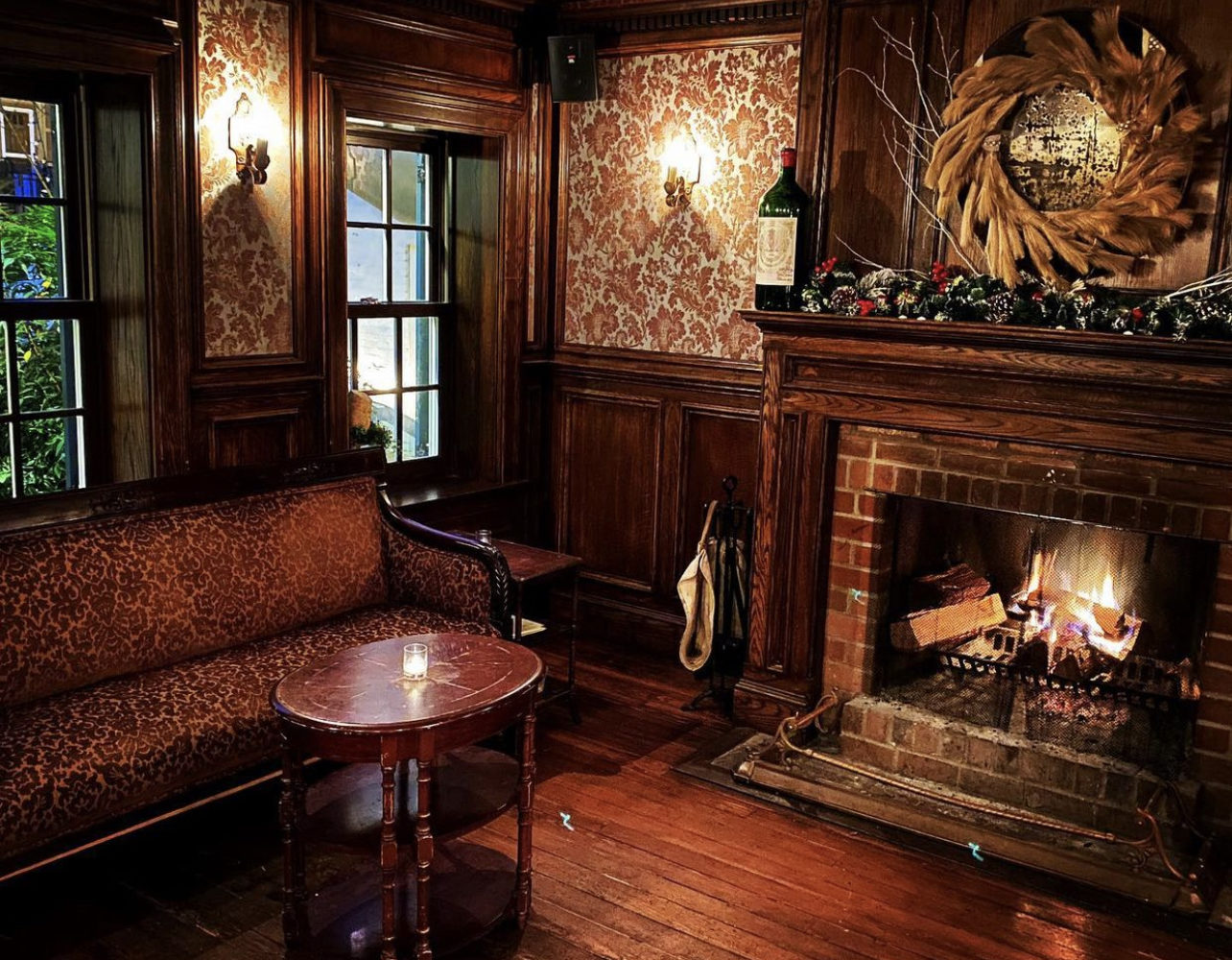More than 140 years ago, an obscure Midwestern poet read an original work to the president and thousands of spectators on Memorial Day. Then his contribution all but vanished.
J.P. Irvine had lived with his wife, Harriett, in Washington for about a year before he addressed as many as 20,000 people crowded the grounds at Arlington Cemetery on May 30, 1873. They arrived by mid-morning to celebrate the defenders of the nation and decorate the graves of the dead.
The Irvines arrived in the capital after grave setbacks in Illinois. J.P.’s newspaper back west had folded from economic troubles and grief. Their only daughter had died from injuries sustained in the wreck of an out-of-control carriage.
He worked as a clerk at the Bureau of Pensions, and he wasn’t the only writer to take a job with the federal government: Walt Whitman worked at the Department of Justice. His friend and fellow writer, John Burroughs, clocked in at the Treasury.
No evidence yet exists to prove Irvine met either contemporary, but Burroughs later selected several of Irvine’s poems for an anthology called Songs of Nature.
The idea of a day to honor war dead, then called Decoration Day, was only five years old. John Logan, the commander of an influential veterans group called the Grand Army of the Republic and Kindred Spirits, suggested members should decorate the graves of their fallen comrades with flowers every May. The idea quickly turned into a national celebration of those who served.
How the Arlington event organizers chose someone as unknown as Irvine remains unclear, but some connections offer clues. Irvine grew up in Kirkwood, a small village 150 miles from Decatur, Illinois, home of the Grand Army. His hometown also sits 150 miles from Galena, former home of President Ulysses S. Grant.
Grant and his wife, Julia, headlined the ceremonies at Arlington that year. Other notable attendees included Frederick Douglass and the secretaries of the departments of state, war and treasury. Vendors on the grounds sold lemonade and ice water as the masses listened to speeches and songs. The crowd gathered at the two-year-old Tomb of the Unknown Soldier, draped with garlands of evergreens for the event.
In the heat and humidity of a sunny day, Irvine delivered 112 lines.
And the valiant are here; and the weak, and the strong;
The known, and unknown, and the army is Fame’s
And the roll is a wonderful roll, and so long
That we weary of reading its dearest of names
Unknown, did I say? Ah! none are unknown
Though strangers to us, and it may be to art;
Though engraven the baffled endeavor on stone,
The name is recorded in somebody’s heart
The address gave Irvine some fame and helped his work into the pages of national magazines such as Belford’s and Scribner’s. He and Harriet even celebrated the birth of a daughter a few months after the Arlington appearance. Then Harriett suffered a stroke that rendered her an invalid for the rest of her life.
The family returned to rural Illinois by 1875, and Irvine’s poetic record diminishes to near silence. “Unknown” stands as one of Irvine’s most ambitious efforts, and certainly his most noteworthy. Yet he didn’t include the piece in his only book, The Green Leaf and the Gray, published in 1891. He died a year later.
This part of an early celebration of patriotic traditions was assumed lost, dried to dust in a century-plus of neglect. Searches of newspaper microfilm revealed the poem once more.
In his broader body of work, Irvine did achieve the excellence of Whitman or Burroughs on rare occasion. However, his obscurity settled with profound totality. With “Unknown” rediscovered, the poet and a piece of national history escape the fate of their conjoined appellation just in time for another Memorial Day.
Dustin Renwick is a freelance writer bouncing between Illinois and DC. His new book about J.P. Irvine’s life and poetry is called Beyond the Gray Leaf.
















